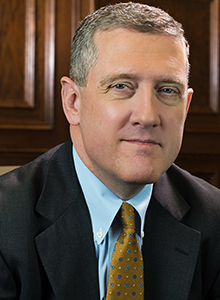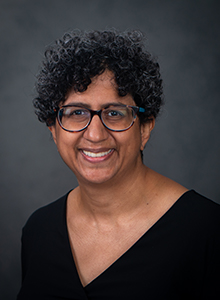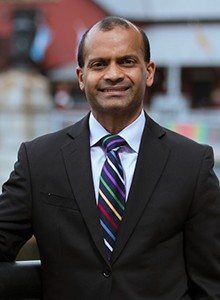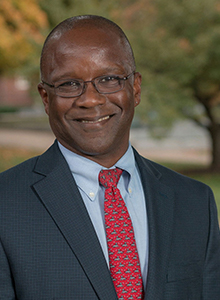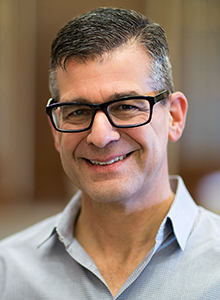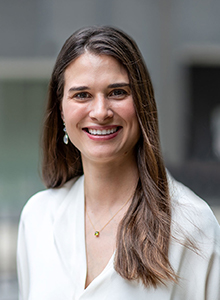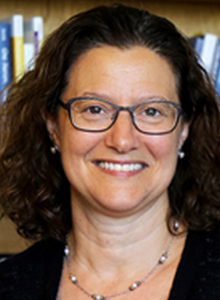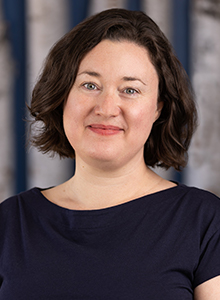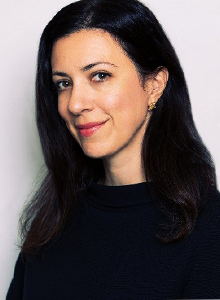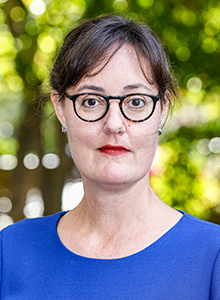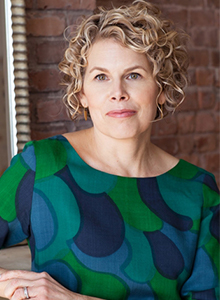WATCH ON DEMAND
Wealth can be transformative in its ability to promote financial security and opportunity across generations. Yet, wealth gaps have existed well before the pandemic, and the uneven trajectory of the recovery may have intensified them. Historical factors and ongoing systemic barriers have significantly inhibited the ability of people of color, women, and other disadvantaged groups to accumulate meaningful levels of wealth.
Wealth gaps could widen further depending on housing and stock market performance and the expected expiration of critical cash, food, housing, and debt assistance to struggling families. As a result, households may experience depleting savings and increasing debts to potentially alarming levels. Price increases in various sectors, resulting from inflation and global events, could have disparate effects on family wealth holdings. This could burden those with less wealth even more while those with greater wealth may draw down theirs to meet consumption needs. How can we ensure the most vulnerable families are equitably included in recovery and wealth-building efforts? How can more families build the healthy balance sheets they need to thrive?
This seminar, presented by the Federal Reserve Banks of Boston and St. Louis on June 29, 2002, featured an expert discussion of wealth trends since the pandemic and how evidence-based responses, within households and the broader economy, can promote wealth equity and an inclusive wealth recovery. The first panel provided a framing of the issue, including how different household assets and liabilities have been affected. The second panel explored ideas on how to move beyond a simple recovery mindset and focus on collectively getting families to a more stable and resilient wealth position moving forward.
For takeaways from our seminar hosts, read How the pandemic affected savings and debts, and how we can build wealth for all.
Featured speakers
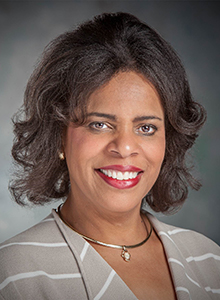
Maria Thompson
f. Outreach Manager
Small Business Credit Survey Cleveland Fed
Panel experts
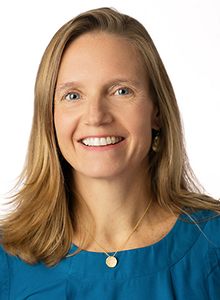
Fiona Greig
Managing Director and Co-President
JPMorgan Chase Institute

Agenda
1:00-1:05 pm ET
Welcome
Maria Thompson, Outreach Manager, Small Business Credit Survey, Cleveland Fed
1:05-1:10 pm ET
Introductory remarks
Jim Bullard, f. President, St. Louis Fed
1:10-1:15 pm ET
Opening remarks
Sara Chaganti, Deputy Director of Research, Regional and Community Outreach, Boston Fed
1:15-1:55 pm ET
Panel 1: Trends in household balance sheets
Ana Hernández Kent, Senior Researcher, Community Development Research, St. Louis Fed moderator
Fiona Greig, Managing Director and Co-President, JPMorgan Chase Institute
Joelle Scally, Senior Data Strategist and Researcher, Center for Microeconomic Data, New York Fed
Xudong An, Assistant Vice President of Supervision, Regulation, and Credit, Philadelphia Fed
1:55-2:30 pm ET
Panel 2: Evidence-based responses, that promote wealth equity and an inclusive wealth recovery
Ray Boshara, f. Senior Advisor, St. Louis Fed moderator
Genevieve Melford, Director of Insights and Evidence, Aspen Institute Financial Security Program (FSP)
Jenny Schuetz, Senior Fellow, Brookings Metro
Lisa Servon, Kevin and Erica Penn Presidential Professor
Janet Boguslaw, Senior Scientist, Heller School and Institute for Economic and Racial Equity
2:30-2:40 pm ET
Closing remarks
Prabal Chakrabarti, Executive Vice President, Regional and Community Outreach, Boston Fed
William M. Rodgers III, Vice President and Director, Community Development Research, St. Louis Fed
Page last updated July 11, 2022 to include event video.
About the Series
The Federal Reserve Community Development Research Seminar Series is a forum for exploring the intersection of research, policy, and practice in the community development field. The Series expands access to high-quality research that informs stakeholders who are working to support low- and moderate-income communities and communities of color.








